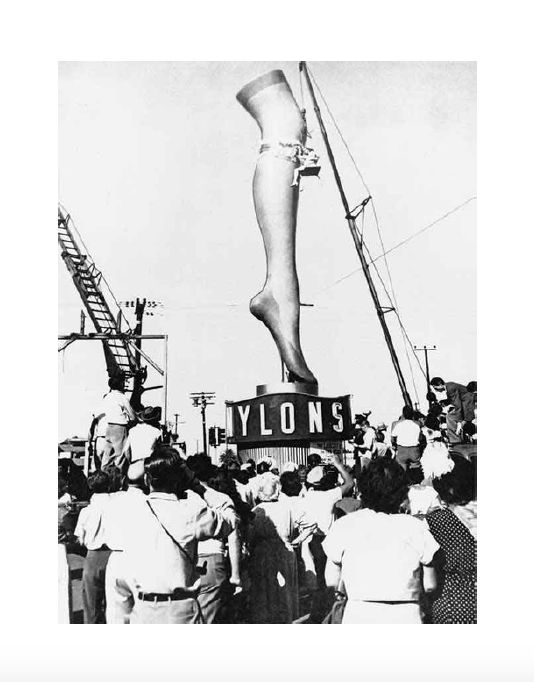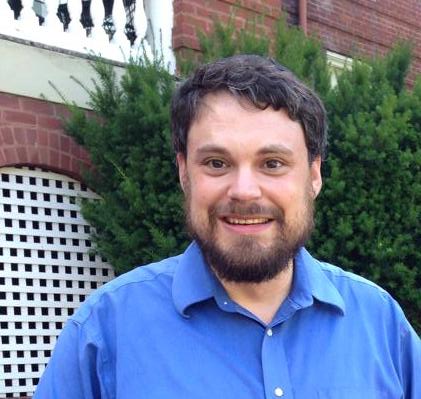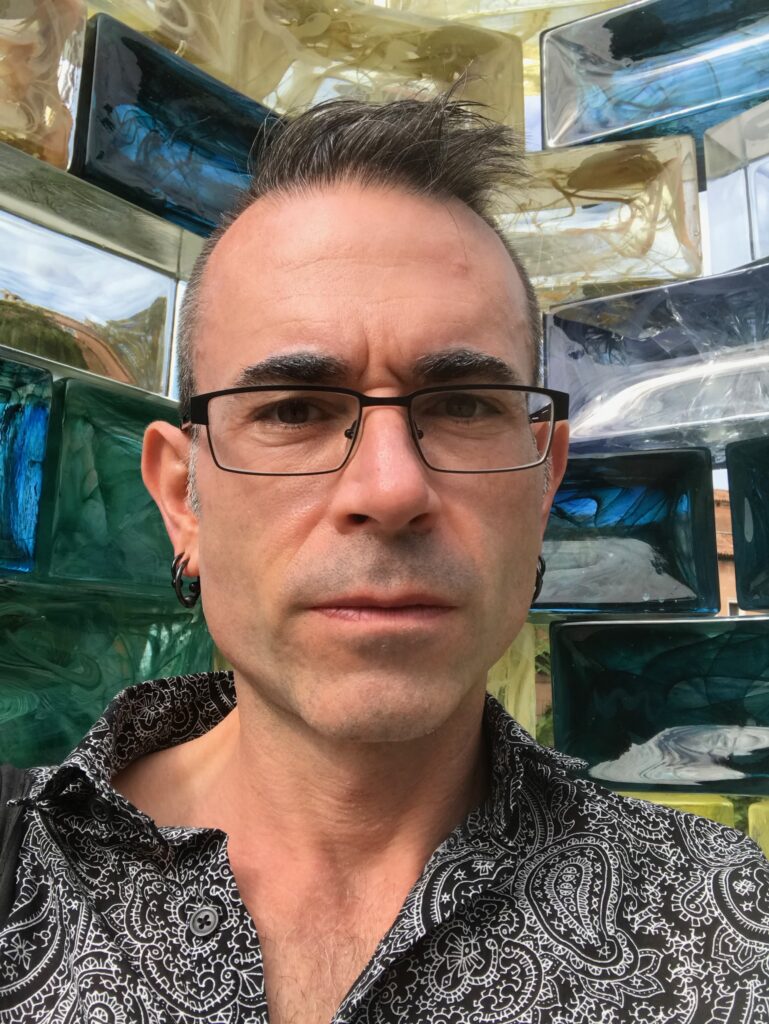Featured JNT Authors
- « Previous
- 1
- 2
- 3
- 4
- Next »
"Having a crisis of faith is essentially the new normal in the humanities, but refracted through the world’s new abnormal, it became something else entirely, especially when teaching a student population disproportionately hit by the virus, as I do."
- JNT 51.1 Featured Author: Dr. Frederick J. Solinger
"As an audience member I witnessed, from a distance, the accelerated lifespan of a temporary encampment transitioning into something resembling a city, forged by people who shared little besides having survived inhumane traumas. "
- JNT 50.3 Featured Author: Dr. Nasia Anam
"The tempestuousness of Rhys, the provocativeness of Mansfield and the theoretical weight of Woolf, all come to bear equally, in fractious albeit enriching ways, in this peregrination through women’s rooms."
- JNT 50.1 Featured Author: Dr. Ruchi Mundeja
"Writing the essay in 2019 felt like a charm against the current erosion of women’s rights compounding the historic lack of women’s autonomy and voice."
- JNT 49.3 Featured Author: Dr. Christine Hume
"One cannot truly think unless one ceases the banal activities and drudgery that take up too much of our brief lives. Such a simple idea is foundational to all of Arendt’s work, from The Human Condition (1958) to her unfinished masterpiece The Life of the Mind (posthumously published, 1978)."
- JNT 48.3 Featured Author: Professor Eric Keenaghan
"If critics mention the texts at all, they tend to offer compelling assessments that the characters and events depicted are stereotypical, offensive, and responsible for perpetuating real-world racism or injustice."
-JNT 51.2 FEATURED AUTHOR SARAH COPLAND









